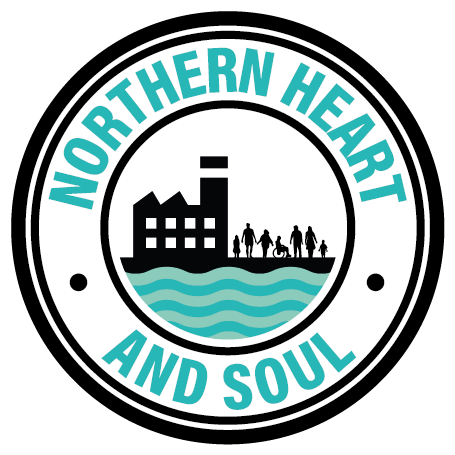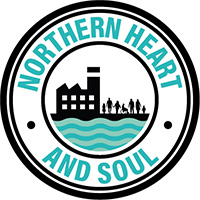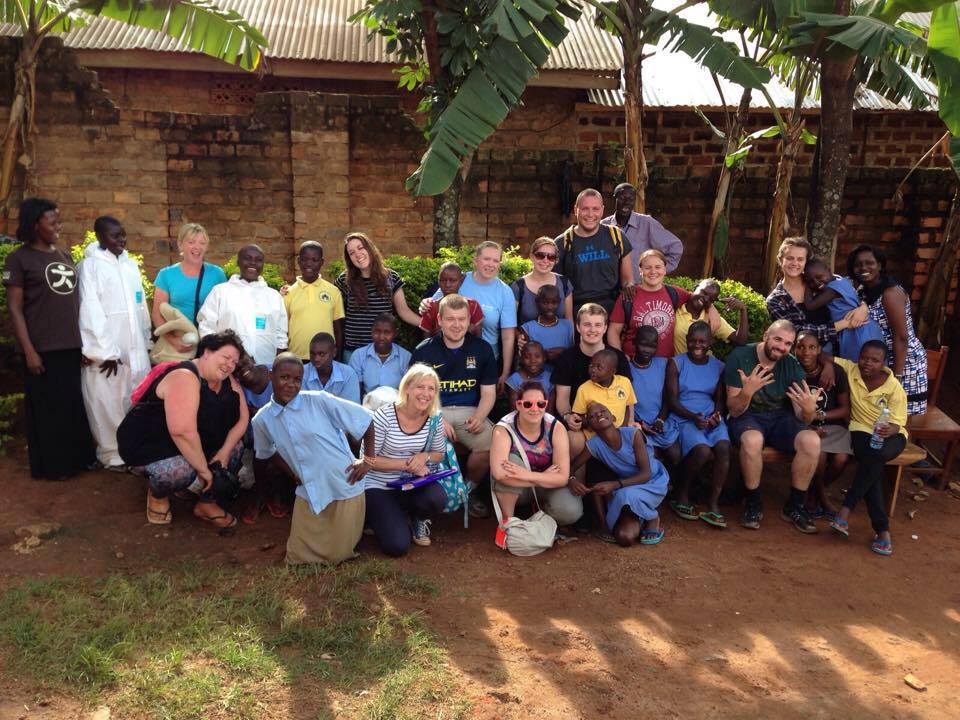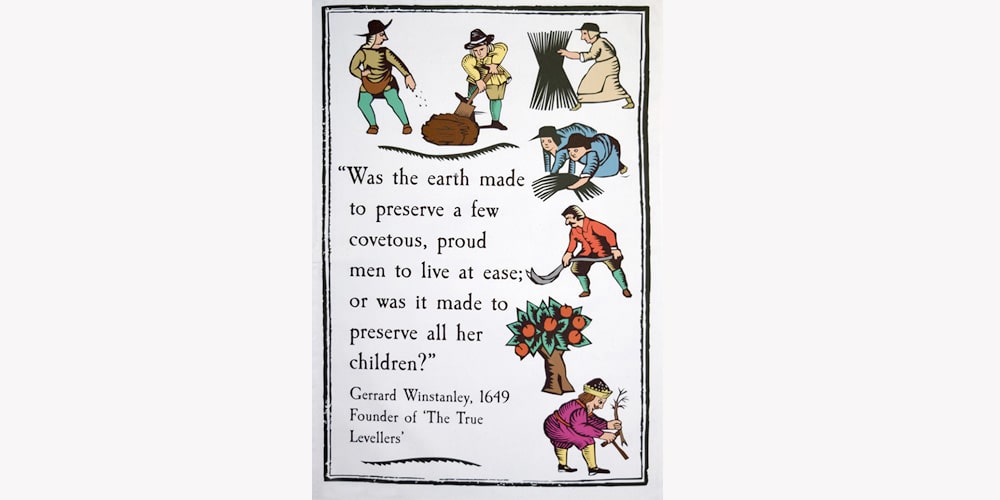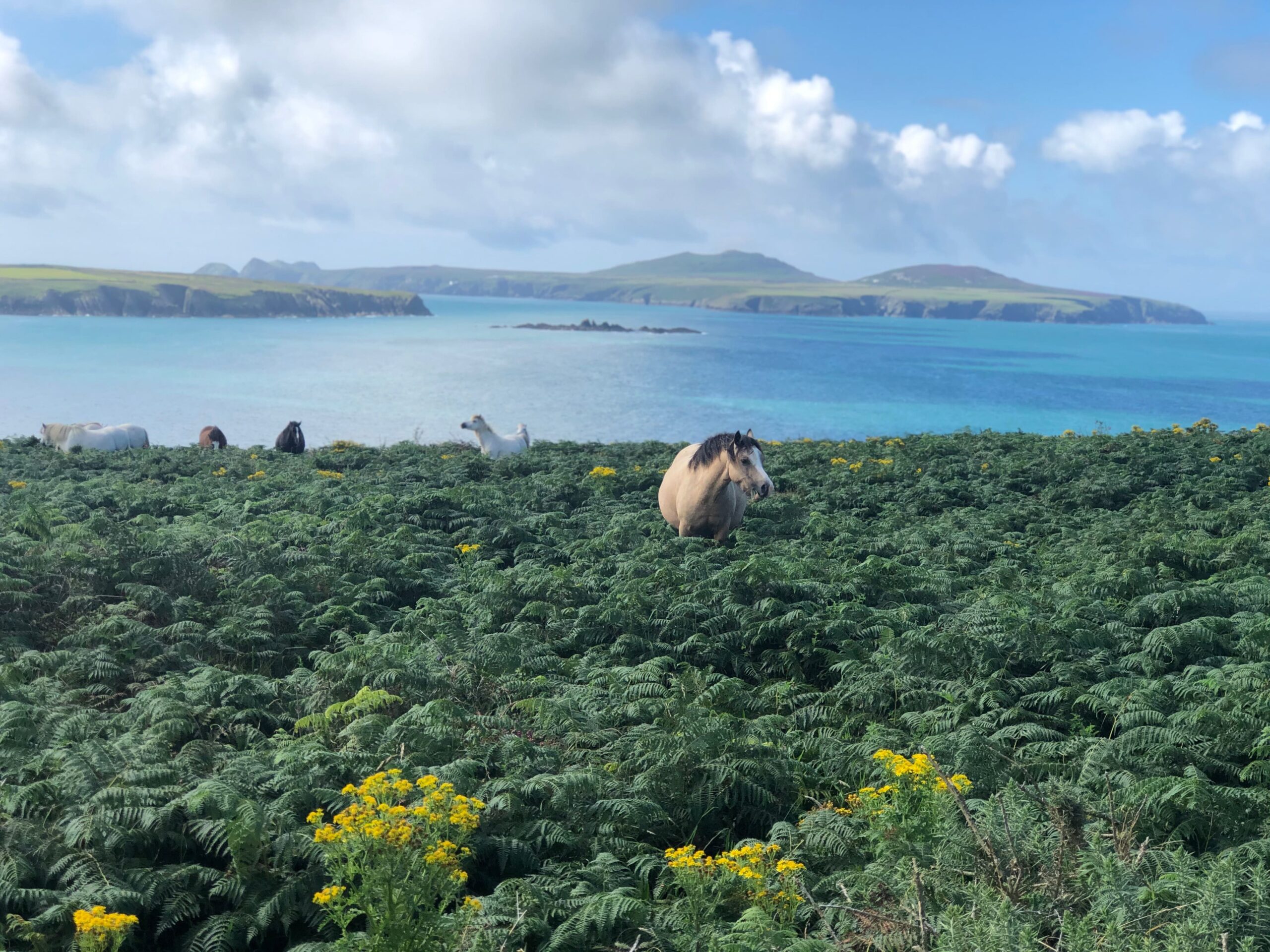
Who Do You Think You Are?
I spend a lot of time listening to grassroots groups, along with really small and beautifully formed locally rooted enterprises and businesses.
As they begin to grow and spread their wings, time and time again, I hear the same stories over and over. All intended to clip their wings, or get them to fly a certain way. Interestingly enough, the same stories have also emerged as part of the Greater Manchester System Changers Systemic Action Research work, so there must be something bigger here, and it’s time we paid attention.
The reception grassroots groups and new enterprises receive, from existing and bigger groups is usually lukewarm, and that’s being generous. The message is usually a subtle or in some cases explicit, ‘know your place,’ or ‘we do this around here.’ The idea that a small grassroots group might initiate an idea or a call for action feels almost laughed at, with a parental knowing look.
When we started community building in the local neighbourhood at the start of the Covid-19 pandemic, we experienced the same. An elected official tried to tell us where we could and couldn’t work, to define our boundaries for us. ‘You can do to the edge of the road. I do this estate.’ Another long established organisation, who we’ve yet to hear say a good word about the community, whilst at the same time extracting from the community under the banner of charitable objectives, went as far as barring me from a publicly owned asset.
I learned many years ago, that not everyone is interested in the common good, and some people, organisations and institutions prefer to maintain the status quo, needing needs, sometimes dining out on them, rather that relinquishing the power they believe they hold. I say, believe, as thankfully it only takes some concerted effort from a few committed citizens to dismantle the illusion, akin to the emperors new clothes. We know that power grows best when cultivated via collectivism. That could be why community building and organising is so under resourced. Thank goodness we are beginning to see these old kind of power systems collapse around us.

Yet still, and too often, grassroot and locally rooted enterprises are advised to ‘play the game’. To nestle up with the controlling political party, brown nose the chief officers, get in with the large commissioned services. Don’t rock the boat. Don’t be too honest, change takes time. Be grateful for the small wins. I’m so chuffed that that kind of language and advice is on its way to the land of the dinosaurs where it belongs. The idea that we should treat big institutions with kids gloves, whilst they seek to turn the rusty cogs in the wheel of change, being almost grateful that they are trying; whilst witnessing the way power over is consistently used with those at the margins, has always grated on me.
However, I feel an authentic change where I am working and living right now. We’ve just successfully pitched for some Investing in Communities monies from the Local Council and the officer said, “Keen to support this work- think it could be a game changer in the way we collaborate – creating true partnerships that are respectful and of equal worth.” I almost kissed the WhatsApp message!
We have to give ourselves a good talking too though, not let ourselves get big headed. It’s easy once you’re seen to be ‘in’ or feel that you’re in, to let that go to your head, and begin to dream of scale rather than redistribution and sharing resources with everyone in the eco system. It’s tempting to get a sense of belonging by joining the dominant narrative and become #Team. It’s much more difficult and tricky to stay in right relationship, knowing who you are both serving whilst coming together to explore tensions and knots in the messy middle. It’s easy, once funded, to be nudged into the land of co-production rather than staying aligned to purpose and mission. In our case sticking with, What is the function of a community? What are the functions of services? And, how might they work collaboratively for the common good.
And more importantly how do we do this work without getting too big for our boots, with humility, as hosts and convenors. Serving whilst walking backwards as I’ve heard Cormac Russell say, seeking to make ourselves redundant.
If you let it go to your head, which is easy to do, as we’ve been raised on a diet of praise and paternalism, then we run the very risk of becoming one of those organisation that I hear grassroot groups and locally rooted enterprises and businesses complain about every day. The ones that have become too big for their boots. In fact their boots are so big that it’s affected their eyes sight. The oppressed become the oppressors as Friere eloquently articulates.
There’s two complaints I hear a lot and maybe you’ve one or two to add.
1. We represent you, the underfunded and under resourced. We will go to all the important meetings with the important people on your behalf, even though we know there’s someone better placed in the eco system to do that. We can’t risk losing the funding and you don’t get the ‘big picture’. We probably won’t have any mechanisms in place that enable you to meaningfully contribute to what happens there, or we’ll host some form of ‘sub group’ that has no purpose of vision, but serves to mandate our organisation a place at the table. When resource becomes available we don’t seek to redistribute, instead we build our empire, moving away from our specialisms and core purpose and following the money.
2. We’ve got this. The organisations that hatched from the grassroots and /or locally rooted enterprises and businesses and decided to go to market and scale. They believe their own success story and have tripped over their own egos. They gatekeep resource and access to it, often seeing new growth as a threat rather than strengthening a power base through collectivism. They capture any new growth, often labelling it as unsafe. They prefer to maintain the status quo as long as they are funded by it. They tend to focus on their own organisational growth and would rarely consider sharing or redistributing resources to others.
I expect there’s other sides and aspects and different ways of viewing this. I’m not sure how this journal entry emerged, but it did so after listening to Deep Time Diligence – an Interview with Tyson Yunkaporta in Emergence Magazine. In the interview Tyson urges us to consider how we might begin to sow the seeds of cautionary tales that will carry us into an uncertain future. He talked about story and narrative and truth and how through collectivism our own truths are shaped by the truths of others and that in turn enables something new to emerge.
Imagine if we courageously came together as an eco system to listen to each others perspectives. I wonder how that might change and shift the words I write today. Perhaps we might shift from ‘who do you think you are’ to ‘who might we become.’
